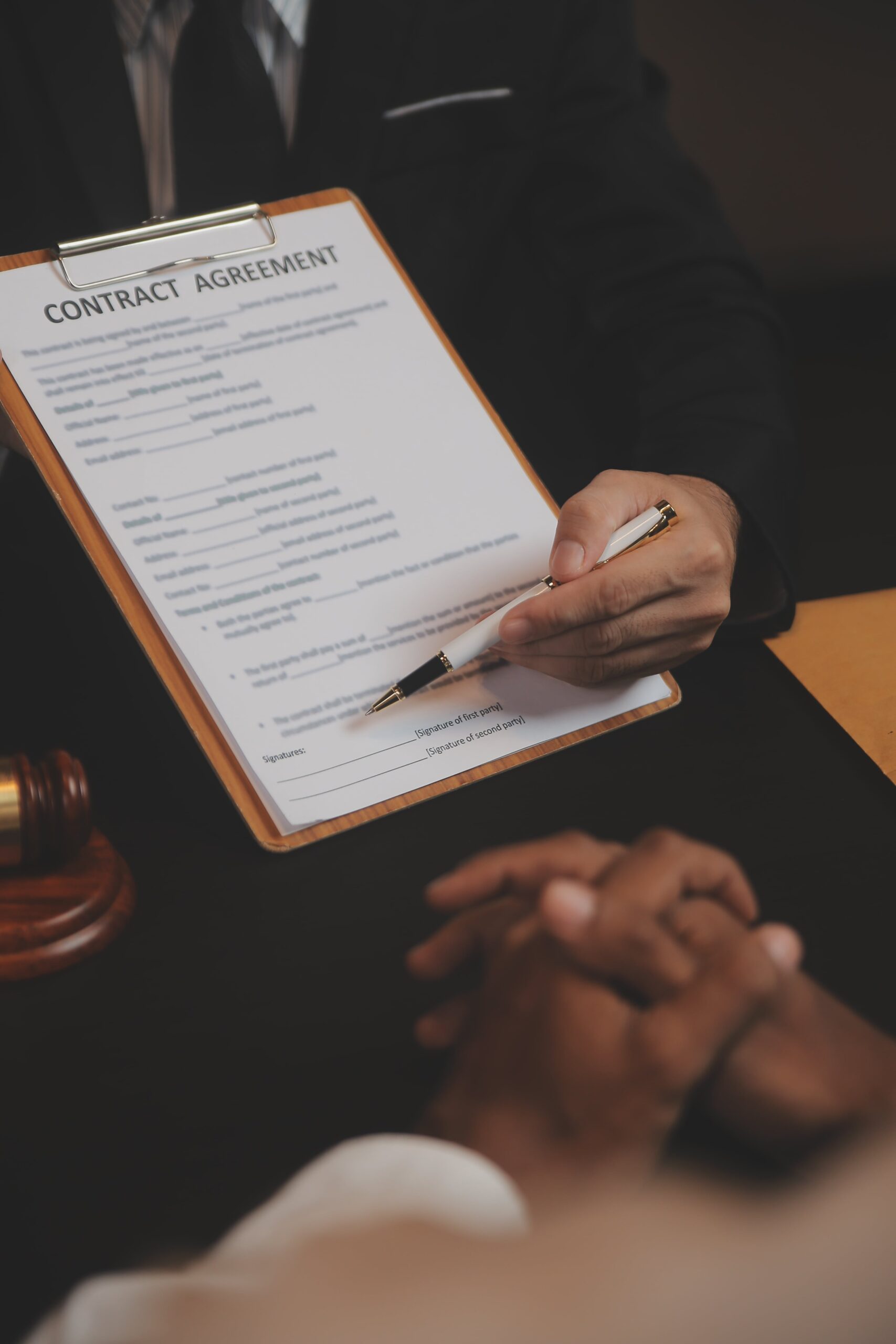Birth, Marriage and Death Certificate Verification
Verifying the legitimacy of birth, marriage, and death certificates is essential to face legal, bureaucratic, and personal situations.
Birth Certificate Verification:
- Legal Proof of Birth: Birth certificates serve as legal documentation of a person’s birth, providing details such as date, location, and paternity. Verification ensures that the information is authentic and accurate.
- Personal Identification: Verification of a birth certificate confirms a person’s identity and is often required for official purposes, including obtaining a passport, driver’s license, or social security number.
- Age Verification: Birth certificates are used to confirm a person’s age, which is necessary for school enrollment, participation in sports, and eligibility for various benefits and services.
- Genealogical Research: Birth certificate verification is vital for tracing family histories, genealogical research, and establishing lineage or inheritance rights.
- Immigration and Citizenship: In immigration processes, verifying a birth certificate helps determine eligibility for immigration or citizenship applications.
- Medical and Healthcare Purposes: Verification is necessary for medical purposes, including obtaining insurance, accessing healthcare services, and ensuring accurate medical records.
- Citizenship and nationality: Verification is crucial to establishing citizenship or nationality as it provides proof of birth in a specific country.
- Adoption and Guardianship: In adoption and guardianship proceedings, verification of birth certificates ensures legal documentation of the birth and paternity of a child.
- Social Services and Benefits: Birth certificate verification is required to access social services and benefits, such as child support, welfare programs, and government assistance.

Marriage Certificate Verification:
- Legal Validation of Marriage: Marriage certificates legally recognize a marriage and verification ensures the authenticity and legality of the marriage contract.
- Rights and Benefits: Verification is necessary to claim marital rights and benefits, such as support, inheritance, tax benefits, and insurance coverage.
- Divorce Procedures: In divorce cases, verification of the marriage certificate establishes the legal existence of the marriage, it is a requirement to initiate the divorce or legal separation.
- Immigration and Visa Applications: Verification is essential for immigration and visa applications, especially when sponsoring a spouse or demonstrating a genuine marital relationship.
- Name Change: Marriage certificates are used as evidence to legally change your name after marriage, and verification ensures accuracy.
- Social and family planning: Government agencies and social welfare organizations may require verification to provide social benefits, family planning services, or assistance programs.
Death Certificate Verification:
- Legal Confirmation of Death: Death certificates provide legal confirmation of a person’s death, and verification ensures the accuracy of the information.
- Estate Settlement: Verification is necessary to settle the deceased’s estate, including asset distribution, transfer of ownership, and financial matters.
- Insurance Claims and Benefits: Verification is crucial for initiating life insurance claims, survivor benefits, or pensions for beneficiaries.
- Burial and Funeral Arrangements: Verification of burial or cremation arrangements, obtaining permits, and meeting legal requirements are required.
- Genealogical Research: Verification assists in genealogical research, tracking family histories, and establishing death details for ancestry records.
- Legal Proceedings: Death certificates may be required as evidence in legal proceedings, such as wrongful death lawsuits, inheritance disputes, or debt settlements.
- Legal and financial matters: Verification is essential for handling the legal and financial matters of the deceased, including paying debts, closing bank accounts, and transferring assets.

Frequently Asked Question (FAQs)
Establishes legal proof of birth, confirms identity, determines citizenship or nationality, verifies age, maintains accurate family records, and complies with regulations and policies related to immigration, adoptions, and government benefits.
- Look for official seals and watermarks.
- Cross-reference details with other official documents.
- Contact the appropriate government agency or vital records office.
- Verify the signature of the issuing authority.
- Use online verification services from trusted sources.
- It varies from a few days to a few weeks, depending on the efficiency of the issuing authority. Online services can offer faster results.
- Discrepancies or requests for additional documentation may extend the time. Expedited processing options may be available.
To confirm the legal validity of the marriage, required for immigration applications, name changes, and access to spousal benefits. Establishes the marital status necessary for property ownership, inheritance rights, or divorce proceedings and ensures compliance with legal and administrative requirements.
- Look for official seals, stamps, or holograms.
- Validate with the issuing authority.
- Cross-reference details with other supporting documents.
- Verify the signature and credentials of the officiant or registrar.
Contact the embassy or consulate for the verification process. They will guide the necessary steps and required documentation. Translation or apostille authentication may be required.
Provides legal confirmation of death, necessary for estate settlement, insurance claims, access to survivor benefits, and ensuring proper disbursement of benefits.
- Check official seals and signatures.
- Compare the details with other official documents.
- Please contact the issuing authority to confirm validity.
It is essential for asset distribution, debt resolution, and filing life insurance claims or accessing benefits.
Typically from a few days to several weeks, depending on the efficiency of the issuing authority. Factors such as the integrity of the documentation, the complexity of the case, and the responsiveness of the parties involved influence processing time.
